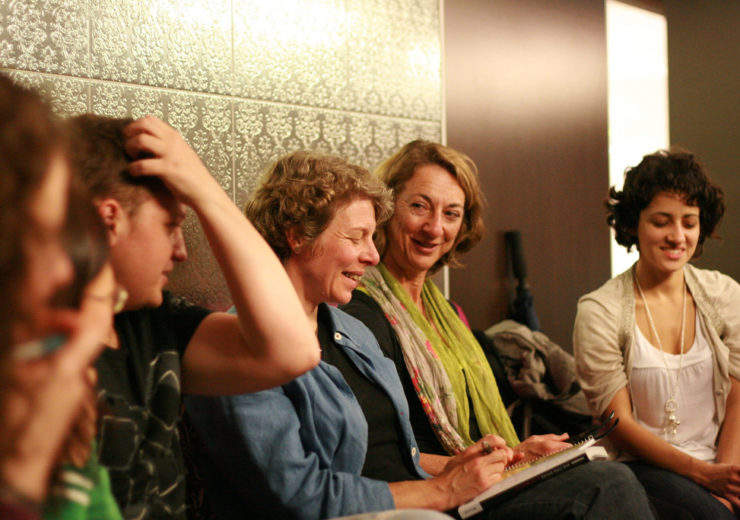Social activities and learning new skills are more popular than traditional employee perks like Christmas parties and team-building days, a new report by Perkbox has found

Sydney book club, one of the employee perks that are appreciated most by staff (Credit: Steve Baty)
A third of British workers say employee perks offered by their company might sound good but are rarely used – because they’re not giving staff what they want.
Extra-curricular clubs, such as for knitting and books, were favoured most by the 2,315 people who were questioned for a report by Perkbox – the UK’s fastest growing employee benefits platform.
Sports were also popular with office football or netball teams, pool tables and ping-pong tables making up the top four.
Traditional work perks such as flexi-time, working from home and team-building days fared much worse, with neither of them making the top ten.
Perkbox co-founder Chieu Cao believes this shows that attitudes of the workforce are changing.
He said: “It’s especially fascinating to see how so many are moving away from what are often more boozy perks like Christmas parties or free drinks on Fridays.
“Whether it’s a case of workers simply expecting these more traditional benefits, or simply that people are wanting more unusual or innovative benefits from their employers, the workforce is changing.”
Mr Cao claims that clubs and activities can actually have broader positive effects on the workforce than simply keeping employees happy and that the social benefits can help team bonding and engagement.
It provides evidence for employers of where best to allocate their budget for company perks.
How employee perks benefit businesses
Although nap pods and yoga classes are popular in Silicon Valley, the majority of workers do not appreciate them as much as other perks, according to Perkbox.
The ever-popular “bring your dog to work” days may be good for likes on Instagram but it came last on the list of 50 employee perks.
Currently, the most frequent perks offered to employees are free tea and coffee, and Christmas parties – with 30% of respondents receiving them.
The importance of a work-life balance is also being recognised by more employers, with 29% giving their employees the benefit of flexible hours.
But 23% said their employer didn’t offer any benefits.
Employee perks are said to be important for encouraging new talent and increasing retention rate.
A study from Technology Advice found that 56% of employees believe perks were a very or moderately important component of job selection.


